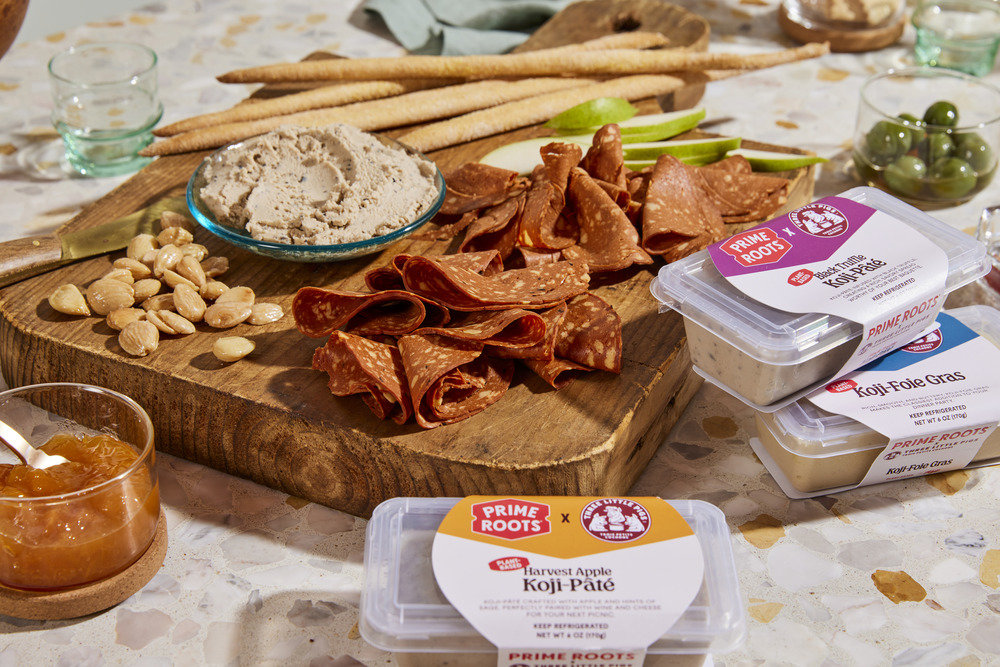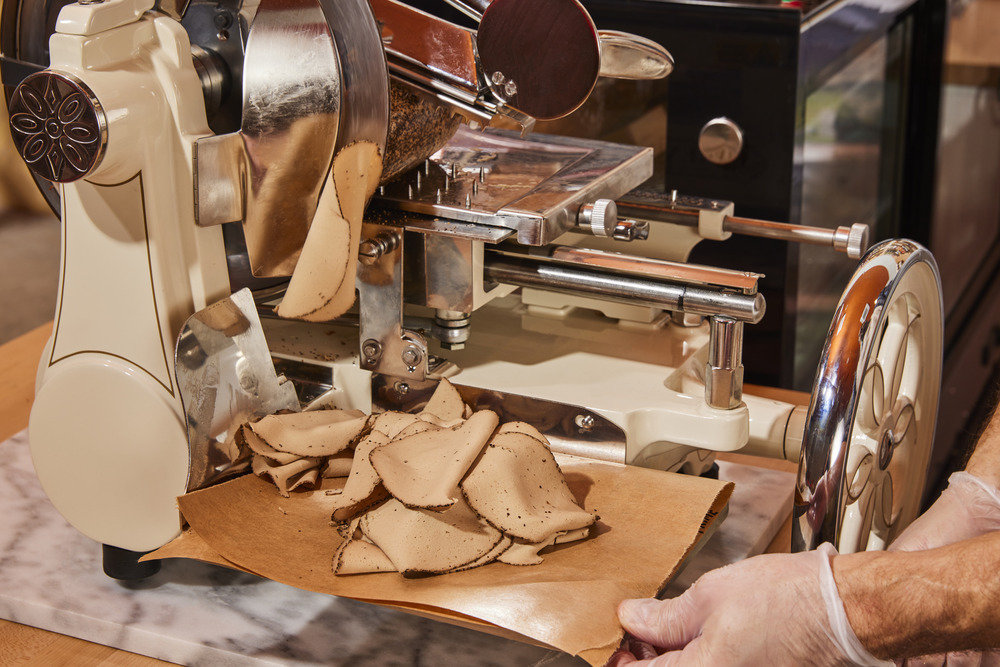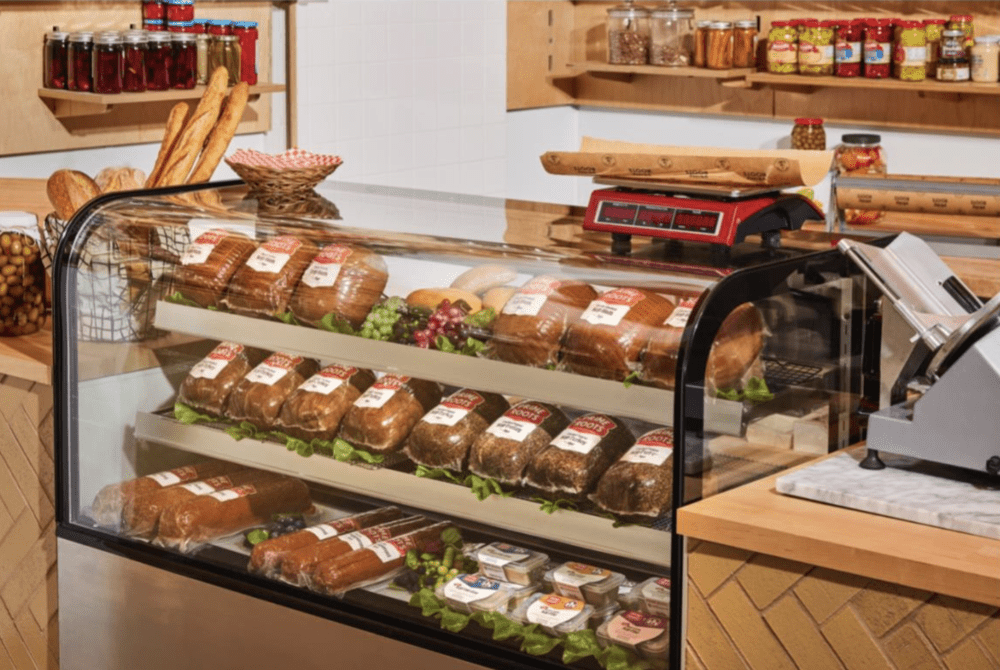02 Jul 2024
Prime Roots: Ready for prime time
The world has hit an impasse with our consumption of meat. Factory farming has helped deliver cheap animal protein by raising and slaughtering animals in unsavory conditions. At the same time, feed for those animals requires a huge amount of arable land, water from aquifers and damaging chemicals. Consumers are increasingly aware of these issues, yet global meat consumption per capita is actually higher now than it was 10 years ago.
At the same time, despite a decade where grocery store shelves have been inundated with ever more plant-based ‘alternative’ proteins, sales in some markets seem to be on the decline. Part of the challenge may lie in products that are heavily processed in an attempt to mimic ‘real’ meat.
All of this suggests that while consumers are open to the idea of eating new sources of protein, a different approach may be needed. Kim Le and co-founder Josh Nixon of Prime Roots can help answer this. They are at a new frontier - fast becoming renowned for their work creating realistic tasting alternative protein products with far less artificial processing.
A COMPETITIVE EDGE
Kim Le has grown up living across different cultures. Born in Edmonton, Canada, she split her formative years between Canada and Los Angeles. Growing up, Kim was always curious about food. With her mother being a chef, she had access to world-class culinary experiences, and maintains that curiosity to this day. However, Kim had a drive and curiosity to find success on her own terms.
That drive to succeed has shown up wherever Kim has chosen to focus. While living in British Columbia, Kim took up snowboarding - an act of rebellion as she tells it. But she ended up not only loving it but became highly successful. She was a torch bearer at the 2010 Winter Olympics in Vancouver and while in high school, traveled the world snowboarding in different competitions. Kim was also a keen musician, to the point where while pushing to make the Canadian Olympic Snowboarding Team for the 2014 Winter Olympics, she was accepted into the University of California, Berkeley as a music major.

It was at Berkeley that Kim found her ultimate focus, and the foundation for what became Prime Roots. Although she started off at Berkeley as a music major, Kim fell in love with environmental science and its potential for global impact. Through that, after graduating Magna Cum Laude, her drive to make a difference led to the inaugural alternative meat lab at Berkeley where she met Josh Nixon, another student who shared her passion of winter sports and environmental science. Finding themselves to be fast friends, the two decided to use their knowledge of alternative proteins to start a company dedicated to making a new alternative meat that could reshape the industry. Prime Roots was born, looking to carve its own route into the fast-expanding alternative meat industry.
FINDING THE RIGHT CUT
Kim’s view of alternative meats fits with someone who grew up in a culinary environment. As she tells it, Prime Roots is “made by meat eaters for meat lovers. Meat fills a place in people’s lives. Our mission is to create something that is better for the planet and for our health, but also something that tastes delicious.” This starting ethos led Kim and Josh to start seeking the “oat milk” equivalent for meat. Something that has the potential to be universal, on par with meat but enjoyed on its own merits rather than just as an ‘alternative’. The other objective, to make a product that is better than the super-processed plant meats already on the market.

Prime Roots answer to that conundrum came from something that was in a lot of the foods Kim ate growing up, koji. Koji is a fungus that is responsible for the savory ‘umami’ flavor found in miso and soy sauce and has been used across Asia for centuries. However, Prime Roots uses koji in a very different way. Kim and Josh noticed that koji’s long, fibrous roots (known as mycelium) look a lot like meat muscle fibers under a microscope. Even better, koji grows fast - as little as 2-3 days.
Like its fungal cousins, mushrooms, there are many different strains of koji. Two years of intensive research helped identify the most effective cultivation methods. At the same time, the team identified which strains would work best to create different textures and discovered that almost any type of protein – turkey, shrimp, carnitas, corned beef, you name it - can be replicated flawlessly by koji.
RAIDING THE DELI
That flexibility created an unintended challenge for Prime Roots – too many options. The company had to narrow its focus onto the products that provided the best way to take Koji meats to market. Research was fast and furious; Kim and Josh went to the grocery store every day for 2 weeks to identify what would be the best option Prime Roots. Eventually, the two decided to take a different route to other alternative protein vendors and focus on deli meat.

Why the deli? First, universality. The sandwich is the most consumed food in the world, even ahead of coffee, and every culture has its own specialty sandwich. Perhaps more importantly though, the deli is where Koji really shines. Unlike other companies who have focused on ground meat and burgers, Prime Roots has created a superior product that has the taste and texture of real deli meat. The company makes all different varieties - smoked koji-turkey, black forest koji-ham, and koji salami are all made from the same building blocks in the Prime Roots lab. For Prime Roots to break out and become a food staple, deli meat was the way forward.
“The focus on deli was limiting, but freeing. We found that the major players in the deli sector were a lot more open to our products than we originally thought,” Kim explained. “Most meat companies are really protein delivery companies who are always looking for ways to differentiate and prepare for the future of protein, and we provide a viable alternative for them to offer to their customers.”
BECOMING CONVENTIONAL
Prime Roots is fast becoming a top-contending alternative protein company. So far, their sustainability impact has shown that koji uses 92% less water and has 91% lower land impact than animal meat with zero byproducts. These results help show that Prime Roots is already bringing sustainable, innovative products and practices to the food industry.
However, the ultimate hope for the company’s products is to go much further into food culture. Prime Roots wants its Koji meats to not be seen as an ‘alternative’ ingredient, but as a one of the default options in the deli case, albeit the one that is best for the planet. If someone orders a sandwich at a deli, the goal is for koji products to be included right along with the other options without having to be specially asked for by the customer. Kim emphasised that Prime Roots, “places great value in the ritual experience of ordering from the deli counter. Fresh sliced meats are a vital part of the sandwich experience, and something we want to be a part of for years to come.” As befits someone who grew up spanning cultures, Kim wants to create a world where meat lovers can enjoy a great sandwich without compromising taste OR damaging the environment. That certainly seems like a recipe for success.


